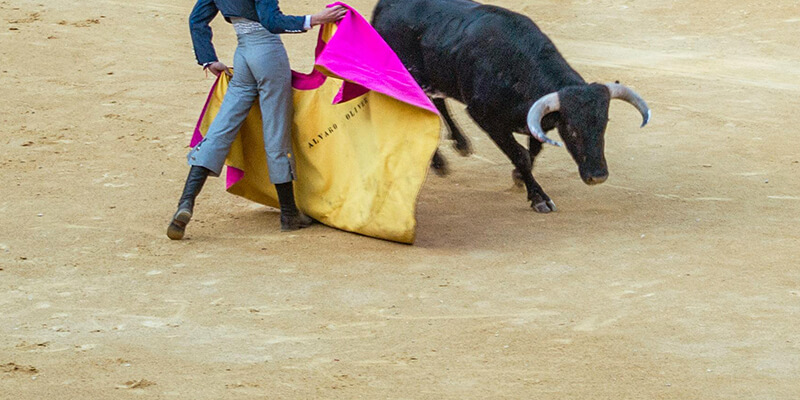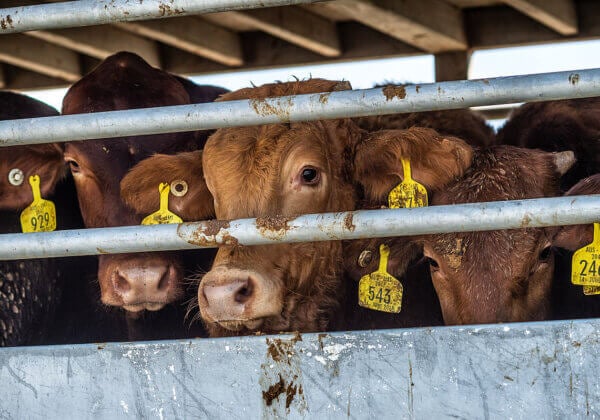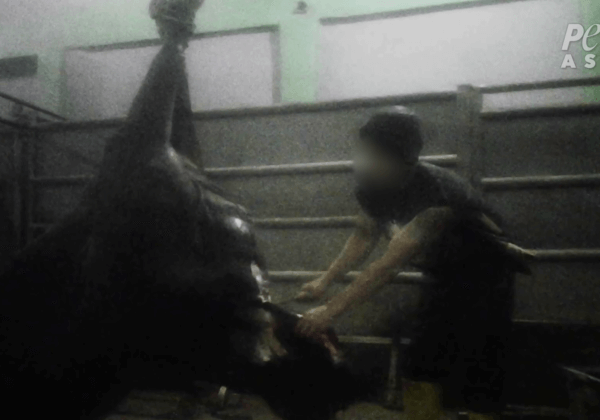Consciousness and Compassion
 The publication of The Cambridge Declaration on Consciousness in July of 2012 seemed to slip by with barely a whisper in most media circles. This groundbreaking declaration states that, in the opinion of the numerous neuroscientists, neurophysiologists and other experts who met to discuss the issue, non-human animals possess the “neurological substrates that generate consciousness”.
The publication of The Cambridge Declaration on Consciousness in July of 2012 seemed to slip by with barely a whisper in most media circles. This groundbreaking declaration states that, in the opinion of the numerous neuroscientists, neurophysiologists and other experts who met to discuss the issue, non-human animals possess the “neurological substrates that generate consciousness”.
In less technical terms, what these experts have said is that non-human animals can be aware and make decisions based on that awareness. This is no great revelation to many of us, especially those of us who share our homes with animal companions. But for a group of esteemed experts to confirm what animal advocates have long claimed represents a remarkable step forward.
The British philosopher Jeremy Bentham famously wrote, “[T]he question is not, Can they reason? nor, Can they talk? but, Can they suffer?” A supposed lack of consciousness has often been used as an excuse to justify the suffering of non-human animals at human hands. Hundreds of studies have already demonstrated animals’ logical, mathematical, linguistic and emotional intelligence. Now that science has affirmed that animals possess consciousness, too, our poor excuses for abusing them hold even less credibility than before. The Cambridge declaration highlights the fact that “neural circuits supporting behavioral/electrophysiological states of attentiveness, sleep and decision making” are evident even in insects and cephalopods such as octopuses.
Perhaps even more interesting than the declaration itself is the minimal fanfare that it has received in the global media. Other than mentions in scientific publications such as The New Scientist, there has been little coverage in the mainstream media. What does this silence say about us?
If more people were informed of groundbreaking scientific conclusions such as this one, would they be more likely to choose a cruelty-free lifestyle? If every person knew that cows experience what is known as a “eureka moment” upon working out a problem or that birds have been found to exhibit REM sleep patterns or that sheep can recognise and remember the faces of other sheep for up to two years, would we find it increasingly difficult to eat, wear, experiment on and otherwise exploit other species?
Let’s find out! Share the information that you have, speak up for animals and make sure that you take every opportunity to show others why animals are not ours to use or abuse.
Posted by Claire Fryer







